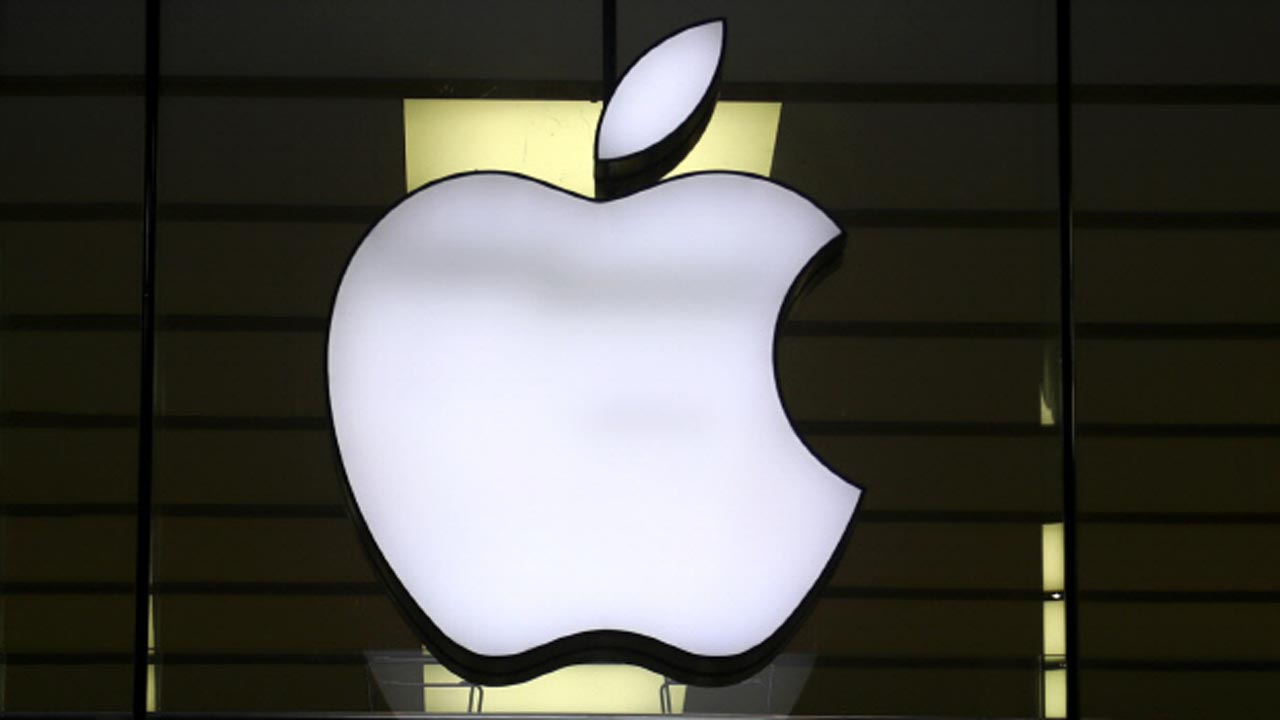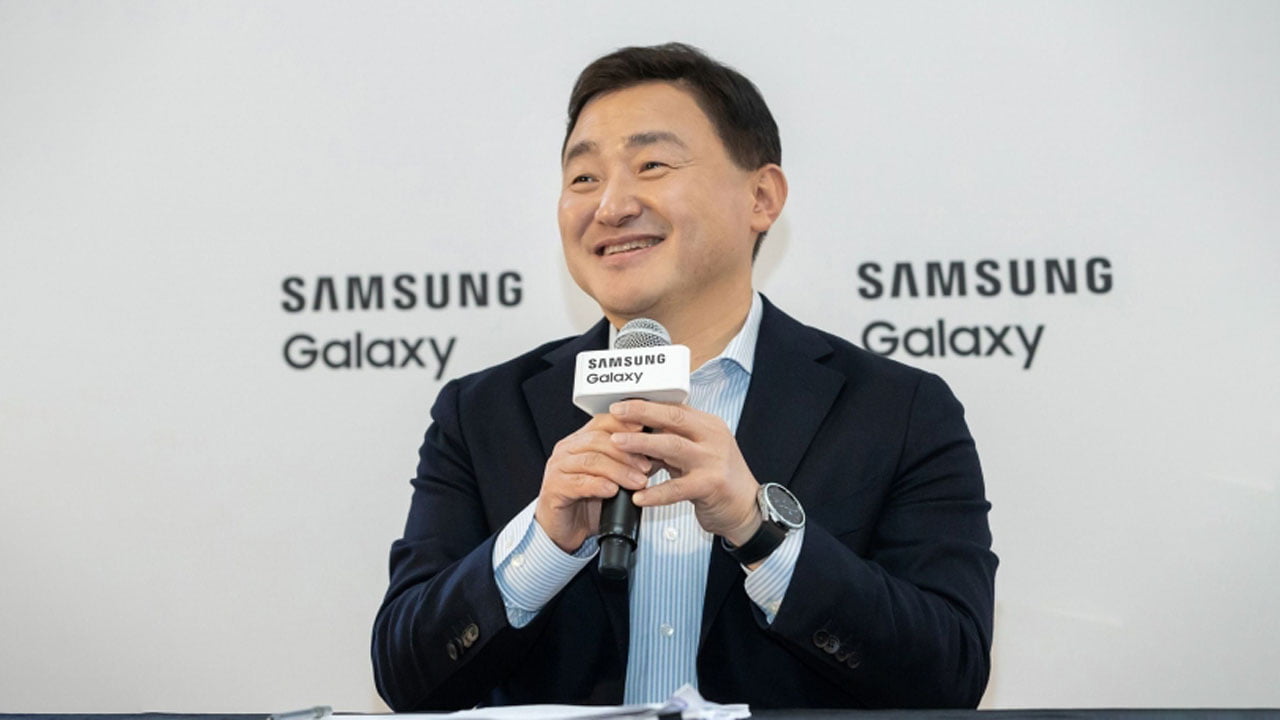Apple Surrenders In EU Opens Web Distribution For iOS Apps

Technology media The Verge reported on the 12th (local time) that Apple plans to allow EU (European Union) countries to Web Distribution distribute iOS apps not only through its App Store but also through developers’ websites. This is a measure following the EU’s implementation of the Digital Market Act (DMA), which prohibits ‘big tech abuse of power’.
Apple’s new web distribution feature will be available with a software update in the first half of this year, specifically before summer, and developers will have to adhere to strict rules set by Apple to get it, The Verge reported.
Apple plans to ensure that several key security measures are in place when distributing apps through websites. This means that you will need to work within the Apple app development ecosystem. “Apps delivered through web distribution, like all iOS apps, must meet requirements to protect platform integrity,” Apple said, adding, “Developers can only install from website domains registered with App Store Connect.” .
It seems that iPhone users in the EU will have to go through a somewhat complicated process to install the app in this way. The developer must approve the installation of the app in the iPhone settings, and when installing the app, the system sheet displays the app name, developer name, app description, screenshots, and system age rating that the app developer submitted to Apple in advance.
Accordingly, The Verge assessed that the way developers distribute apps for iOS devices through the web is not open and free. Apple explained, “To protect users, developers will go through an approval process to ensure they meet certain standards and adhere to established requirements.” Developers must participate in Apple’s developer program and have a corporation, domicile, or subsidiary in the EU. In addition, you must maintain ‘good standing’ in the Apple Developer Program for more than two years and have an app that exceeded 1 million first installs of iOS apps in the EU in the previous year.
Be available to respond to communications with Apple regarding web-distributed apps, related fraud, malicious or illegal activity, or any issues that are determined to impact user safety, security, or privacy. They should also publish transparent data collection policies and allow users to control how their data is collected and used.
In particular, by setting the condition of having an app with 1 million downloads, it can be interpreted as a policy of closing the door to new developers and only allowing large developers. The Verge analyzed that Epic Games, which formally raised issues with Apple’s app download method, is unlikely to meet these standards.
Meanwhile, the EU announced on the 7th of this month that it had requested the department in charge to first investigate Epic Games’ claim that Apple blocked the installation of an ‘alternative app store’.
The explanation is that additional explanation on this issue was requested from Apple in accordance with the DMA. According to the DMA implemented today, six companies, including Apple and Meta, designated as ‘gatekeepers’ must allow interoperability between their platforms and third-party services, such as installing external apps and alternative app stores. In case of violation, a fine of up to 10% of global sales can be imposed, and in case of repeat violation, this can increase to 20%.
It also specifies that if repeated or ‘systematic’ violations are confirmed, an order can be issued to the regulated company to force the sale of the business unit in question.
Epic Games, the producer of the popular game Fortnite, previously issued a statement the day before and raised the issue by saying that it attempted to develop and install an alternative app market for iOS to compete with Apple’s App Store, but that Apple rejected it. Epic Games claimed that Apple’s decision was a clear violation of the DMA, calling it a ‘retaliatory action’ in response to Apple’s public criticism by its CEO Tim Sweeney.
On the 4th, the European Commission said that Apple violated anti-monopoly laws by abusing its market dominance in the music streaming app market and blocking the opportunity for consumers to use cheaper subscription services. A fine worth 700 billion won was imposed.
See More:
Samsung Electronics And SK Hynix Stop Selling Old Semiconductor Equipment To China
Galaxy S24 Sold 8% More Than Its Predecessor: Most In The US And Western Europe
Due To Falling Oil Prices Saudi Aramco’s Net Profit Decreased By 24.7% Compared To The Previous Year
The World’s Top Three Design Awards LGU+ Wins In Three Categories




Leave a Comment